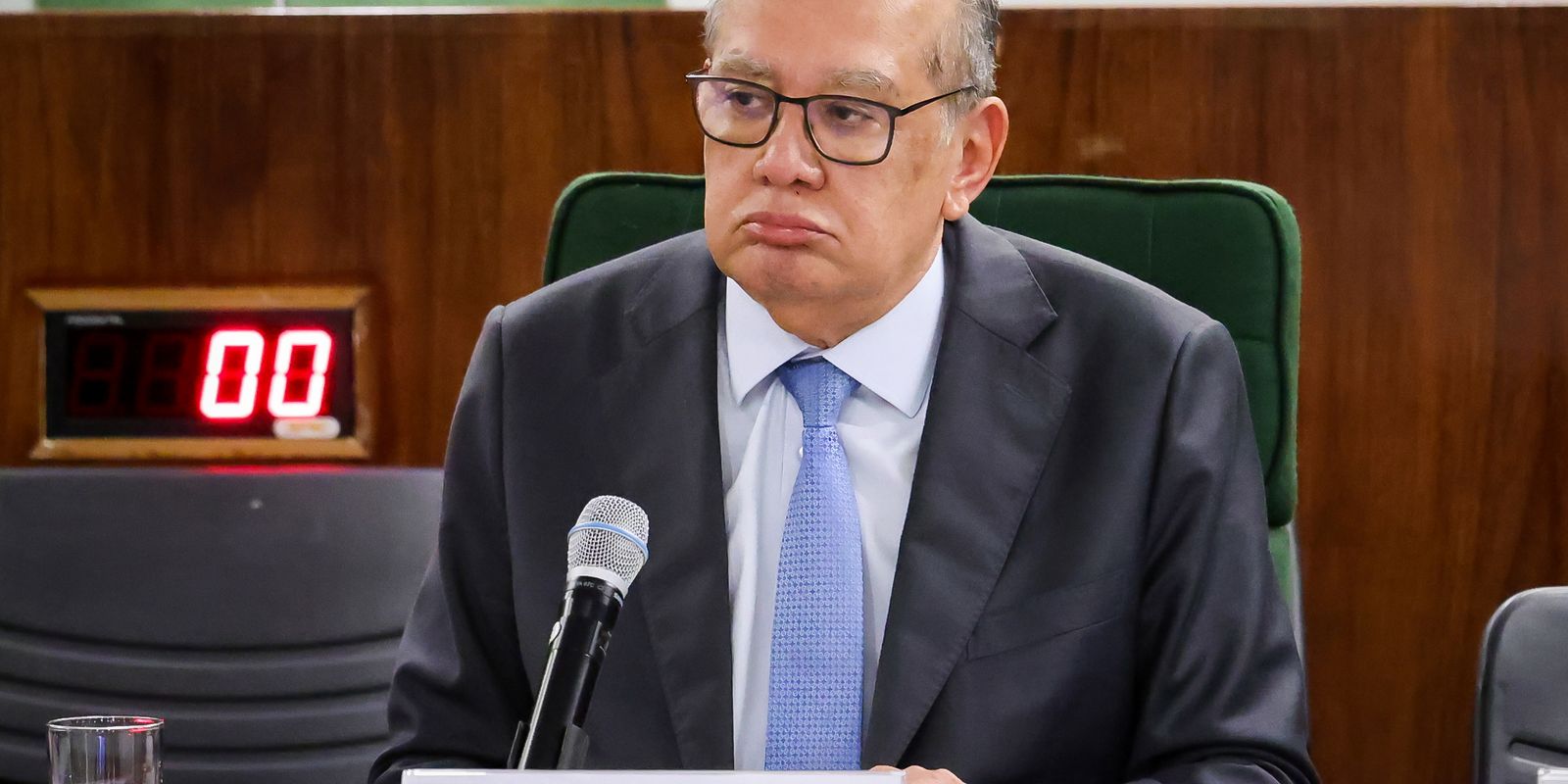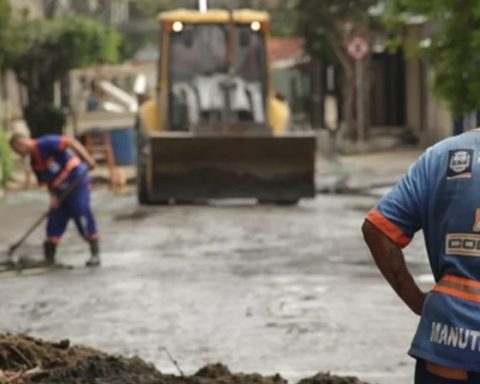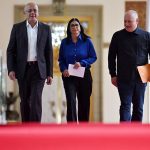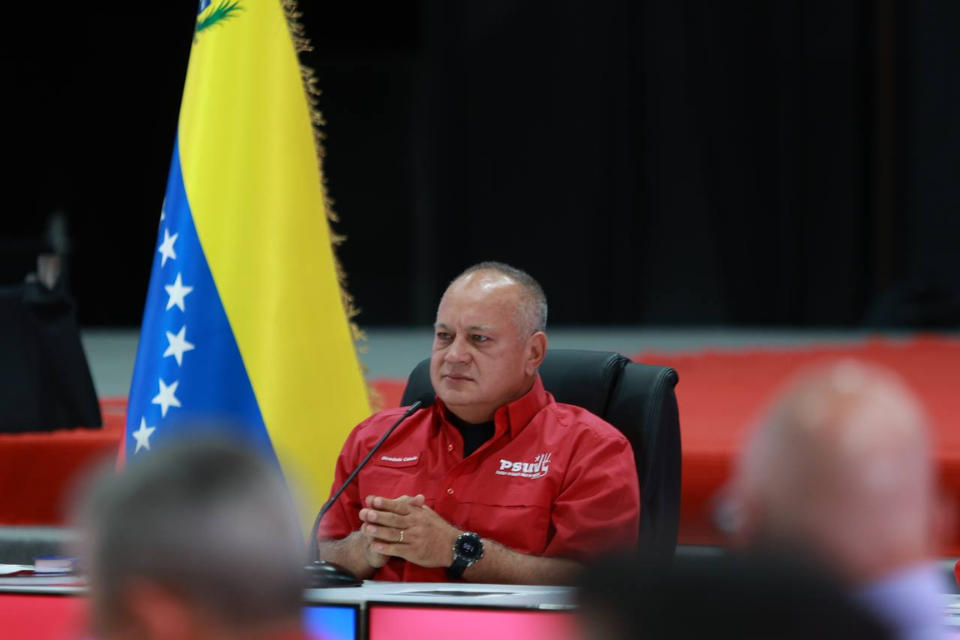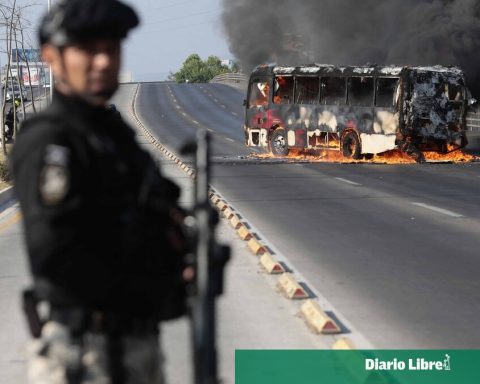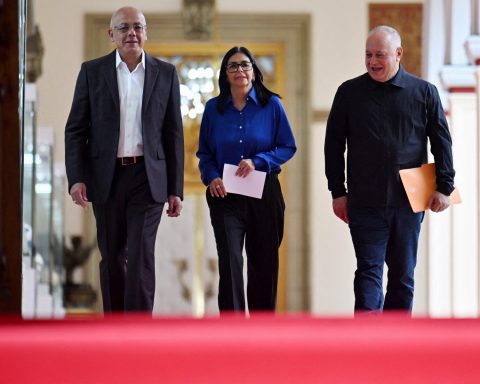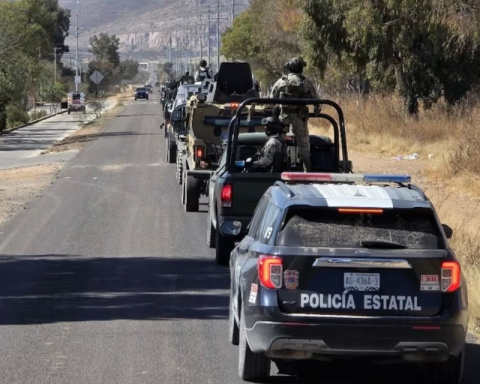Minister Gilmar Mendes, rapporteur of the actions on the thesis of the temporal framework of indigenous lands in the Federal Supreme Court (STF), defended this Monday (5) that “political disposition” and “new perspective” are necessary to try to resolve the impasse surrounding the issue.
“How long will our society live with these open wounds that cannot be healed?” asked Gilmar Mendes. “We need political will and a desire to reopen the negotiation fronts, shedding stratified certainties, so that a new perspective becomes imperative,” he stated.
Gilmar Mendes opened this afternoon the first of a series of meetings with ruralists, indigenous people and representatives of public bodies and the National Congress, in a conciliation process determined by him. The minister is the rapporteur of five actions in the Court that re-discuss the thesis of the temporal framework.
The rapporteur asked that the conciliation participants focus on solutions, avoiding statements that aim only to attack the other side or to make an “isolated or joint defense of corporatist interests”.
Also participating in the opening of the meeting was the president of the Supreme Court, Minister Luís Roberto Barroso, who apologized for the difficulty indigenous representatives had in entering the annex of the court, where the conciliation process is taking place, in the Second Chamber hearing room. He said it was a “security error.”
Barroso said that the divergence between the Legislative and Judiciary branches on the matter was evident and argued that it was “institutionally desirable to find a solution that can harmonize, if possible, the different views on this matter”.
The expectation is that other meetings will take place and that the conciliation work will be concluded by December 18, when Minister Gilmar Mendes wants to present proposals for solutions for new regulations on the demarcation of indigenous lands.
Court hearing
The government sent the president of the National Foundation for Indigenous Peoples (Funai), Joenia Wapichana, and members of the Ministry of Indigenous Peoples, the Attorney General’s Office (AGU) and the Ministry of Justice and Public Security to the meeting.
Representing the Chamber were deputy Celia Xakriabá (PSOL-MG) and deputy Pedro Lupion (PP-PR), while senators Jacques Wagner (PT-BA) and Tereza Cristina (PP-MS) appeared on behalf of the Senate.
Ana Carolina Garcia, attorney general of Mato Grosso do Sul and secretary general of the National College of State Attorneys, appeared on behalf of the states.
The Articulation of Indigenous Peoples of Brazil (Apib) sent five representatives. At the beginning of the hearing, one of them, lawyer Maurício Terena, once again asked, on behalf of the entity, that Gilmar Mendes grant a preliminary injunction (provisional decision) to immediately suspend the new Temporal Framework Law (Law 14.701/2023).
Thesis
According to the temporal framework thesis, indigenous people only have the right to lands that were in their possession on October 5, 1988, the date of the promulgation of the Federal Constitution, or that were under legal dispute at the time.
The thesis has been questioned for decades in the Supreme Court, which in September of last year, after several trial sessions, ruled that the time frame for the demarcation of indigenous lands was unconstitutional.
Shortly after, however, Congress passed a new law to validate the temporal framework thesis. The new legislation was vetoed by President Luiz Inácio Lula da Silva, who cited the Supreme Court’s own decision as justification, but the vetoes were overturned in December.
The new law was the target of several challenges in the Supreme Court, which was prompted to reopen the debates even after having already definitively judged the issue, which created an impasse with the Legislature.
